Why Assessment Tools matter.
Gino Wickman describes how to live the ideal entrepreneurial life as “doing what you love, with people you love, making a significant difference, being compensated appropriately, with time for other passions.” The “working with people you love” is about building teams that are enjoyable, uplifting, and where you get to be your authentic self. Assessments tools aid in directing open and honest conversations about the self and can be used to build and leverage teams for the betterment of company culture.
Team building: it’s not just busywork
Really understanding this idea is vital. Working with leadership teams, I help them create an Accountability Chart to clarify functions and roles best suited for the company in the near term. We also discover Core ValuesTM to define the type of people that fit the culture like a glove. Then there’s the execution of team building that involves some soft skills. Adopting social fun, focused time and attention towards vulnerability, and assessment tools to name a few.
With a little intentionality, companies can leverage assessment tools to hire employees that are the right fit for the seat, amplify their culture, and use them towards creating internal processes. This last step is really key. Clarify the context and application of the assessment so it can be consistently applied, documented and used efficiently across teams.
You cannot build an organization on multiple operating systems. You must choose one.
This is the EOS creed. I read this as “Go all in and keep it simple.” You can choose assessments this way too, and I’ve seen teams do this with great success. I have also seen companies test out a different one every year or two as an accessory or side dish to the main assessment. New assessment every quarter? Complexity and indigestion ensues! Choose wisely and get on the same page with common language, application, and consistency.
Kathy Kolbe breaks down how to select which assessment to use based on what she defines as the Three Parts of the Mind.
- Cognitive or “thinking” tests, which are usually industry specific help discover the individual’s knowledge or skill. These tests tap into the cognitive part of the mind.
- Affective or “feeling” tests, help to discover one’s personality or interpersonal skills. Myers-Briggs Type Indicator, Enneagram, DiSC, StrengthsFinder, Working Genius test the affective part of the mind.
- Conative or “doing” tests identify the instincts or actions individuals take to get results. The Kolbe A test identifies the instinctive strengths of an individual.
Be consistently you.
Discovering your strengths, weaknesses, instincts, and skills to be both the best, most authentic version of you and to unlock how to best contribute to a team is extremely useful. Giving others permission to do the same is a gift. Assessments are just the tip of the self-discovery iceberg to becoming a better teammate. Finding time to be still, journal and self-reflect or conducting a peer review and asking for reflections can be illuminating as well.
My heartfelt wish for you is that you get to be your authentic self AND live the EOS Life®. Enjoy the journey!



